Amilcar Cabral

Click here to listen to songs about Amilcar Cabral
Amilcar Lopes Cabral
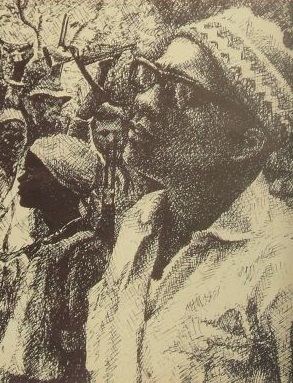
Batafá, Portuguese Guinea, 1924 – Conakry, Guinea Conakry, 1973
Songwriter, personality
The founder of PAIGC and leader of the liberation struggle of Guinea and Cabo Verde, Amílcar Cabral, had a vast intelectual production in addition to his political activities, which culminated in the independence of the two Portuguese colonies. In the scientific field, he wrote texts in agronomy, his area of training. As an essayist, he is considered one of the most important African thinkers of the 20th century, focusing on culture as a form of struggle and nationalist affirmation.
Cabral’s ideas regarding the role of culture in the liberation fight were decisive for several musical initiatives at the time, such as the LP Música Cabo-Verdiana – Protesto e Luta, published by PAIGC, and years earlier, the first Cape Verdean LP published in the Netherlands: Caboverdeanos na Holanda (Cape Verdeans in the Netherlands). The text on the cover, written by Djunga de Biluca, is quite incisive and political in nature: “… it is in our songs that we express what the mouth does not say, what the hand does not write. Mute anger, mute disgust, mute despair…”.
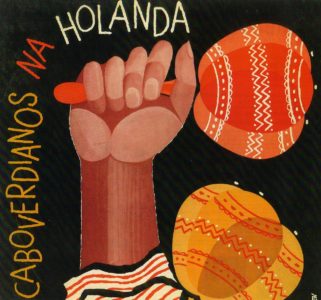
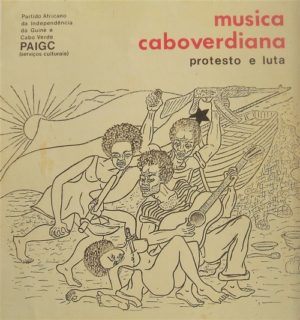
It is also worth noting the use of mornas and koladeras as instruments for raising awareness, with compositions written by fighters in the liberation movement such as Abílio Duarte, Luís Fonseca and Waldemar Lopes da Silva, among others. Amílcar Cabral had some poetic production, which resulted in a composition with lyrics in Portuguese and music by Angolan José Agostinho, including him in the list of songwriters of music from Cabo Verde, where he spent his childhood and adolescence and where his parents were from. “Regresso” is a poem that was published in the second volume of the Cabo Verde – Boletim de Propaganda e Informação (November 1949). This composition became a success in the voice of Cesária Évora, in a duet with Brazillian singer, Caetano Veloso. It had previously been recorded by Alcione, another Brazilian voice, with the title “Mamãe Velha”. Teté Alhinho, in turn, also recorded a version of this composition.
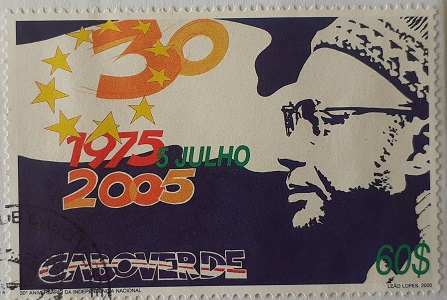
Much greater than as a composer is Amílcar Cabral’s presence in Cabo Verdean music as a historic hero: not only is he mentioned particularly on the occasion of his assassination from pre- and post-independence, but his image also appears on several album covers.
The children’s group that for years was na “incubator” of musical talents was named after his nom de guerre, Abel Djassi. In 2003, the compilation Evocação de Amílcar Cabral no Folclore Cabo-Verdiano was released, organized and edited by Alberto Rui Machado.
Composition
Regresso (poem set to music by José Agostinho)
Discography alluding to Amilcar Cabral
- Evocação de Amílcar Cabral no folclore cabo-verdiano (collection), Alberto Rui Machado, Lisboa, 2003.
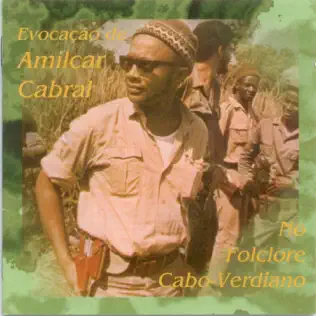
Albums with Amílcar Cabral on the cover
- Kings, EP June 1st – Dia Internacional da Criança, 1979.
- Nho Balta ma Voz de Pove, LP Terra Livre, 1983.
- Kaoguiamo, LP Korda Scrabu, 1973.
- Various artists, LP PAIGC No Pintcha, date?
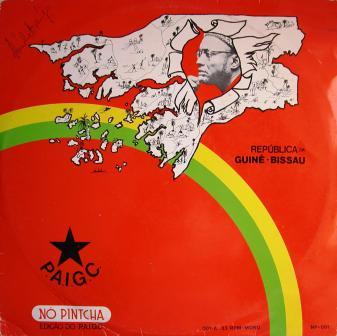
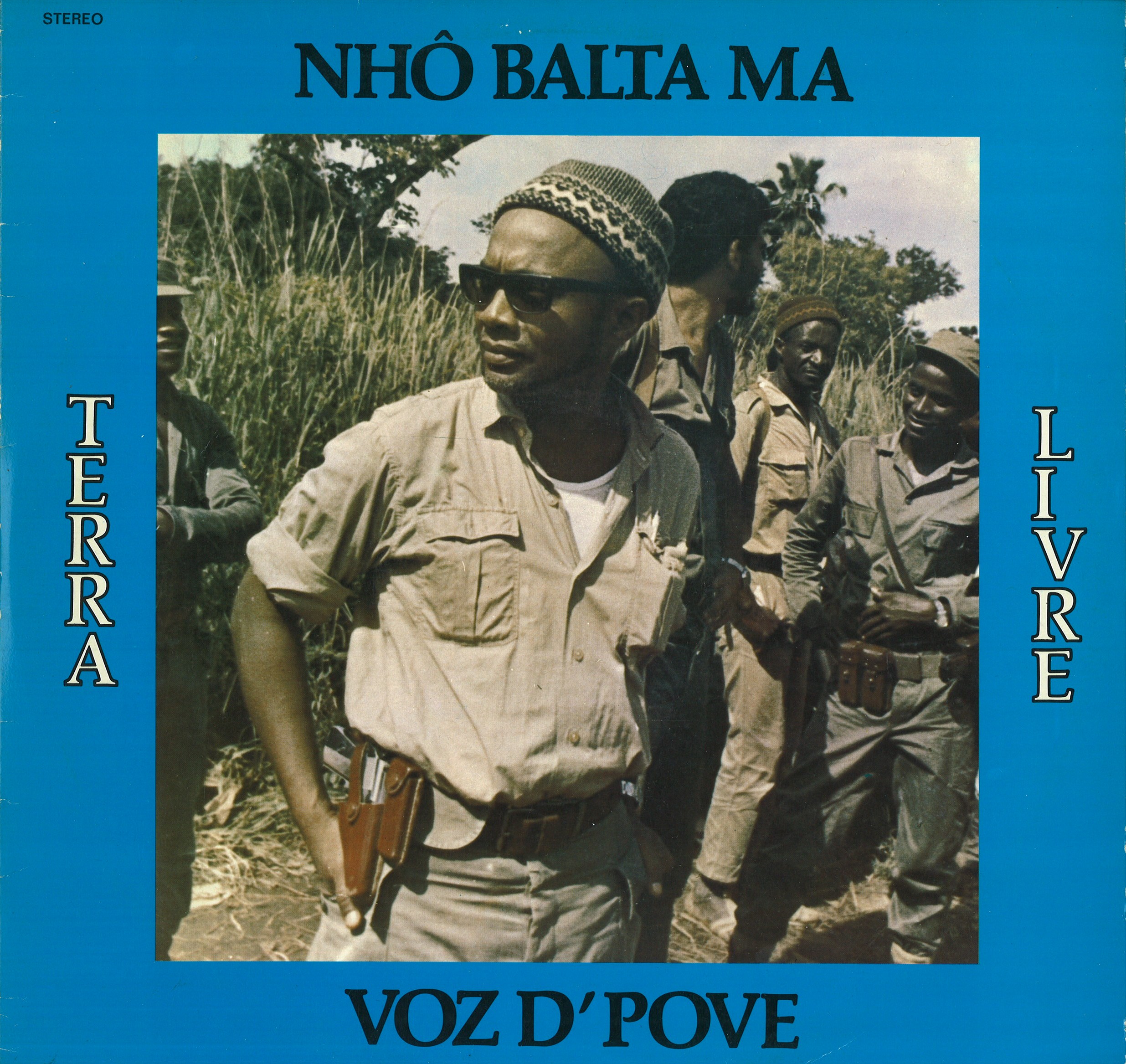
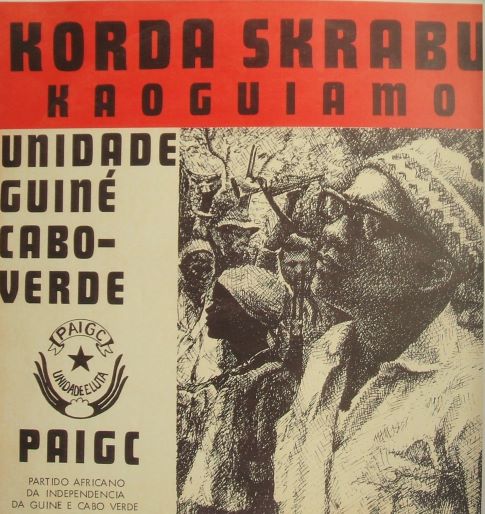
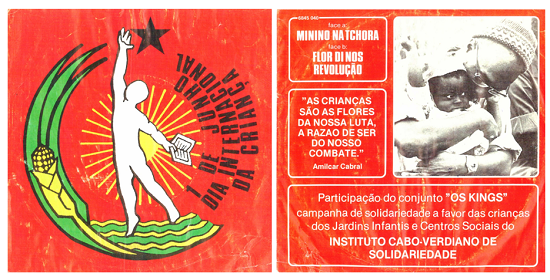
Watch and Listen
Some songs whose lyrics speak of Amilcar Cabral
- “Amílcar Cabral” (Nanhe d’Guida) – LP Telegrama, by Nanhe d’Guida.
- “Amílcar Cabral” (Tony Lima) – LP Korda scrabu, Kaoguiamo.
- “Cabral ca mori” (Daniel Rendall) – LP Pépé Lopi, Os Tubarões.
- “Cabral-Vietnam” (Manuel Faustino) – LP La Colosa, Voz de Cabo Verde.
- “Diogo e Cabral” (Mário Lúcio) – Mário Lúcio, CD Badyo.
- “Es mata Cabral” (José Carlos Schwarz); Mata Cabral (José Augusto) – LP Independência, Voz de Cabo Verde.
- “Es matabo só por inveja” (Pedrinho) – LP Nhós déxa de conta mintira, by Pedrinho.
- “Viva Cabral” (Zé Carlos) – EP Batuque é feitiço, by Maiúka Marta.
- “Cabral 1924-1973” (Abel Lima); “Cabral grita” (unidentified author); “Verdade de Cabral” (Armindo Pires); “Janero na Conacry” (Pedro Rodrigues/Nho Balta) and all the Other themes from the collection Evocação de Amílcar Cabral no folclore cabo-verdiano.